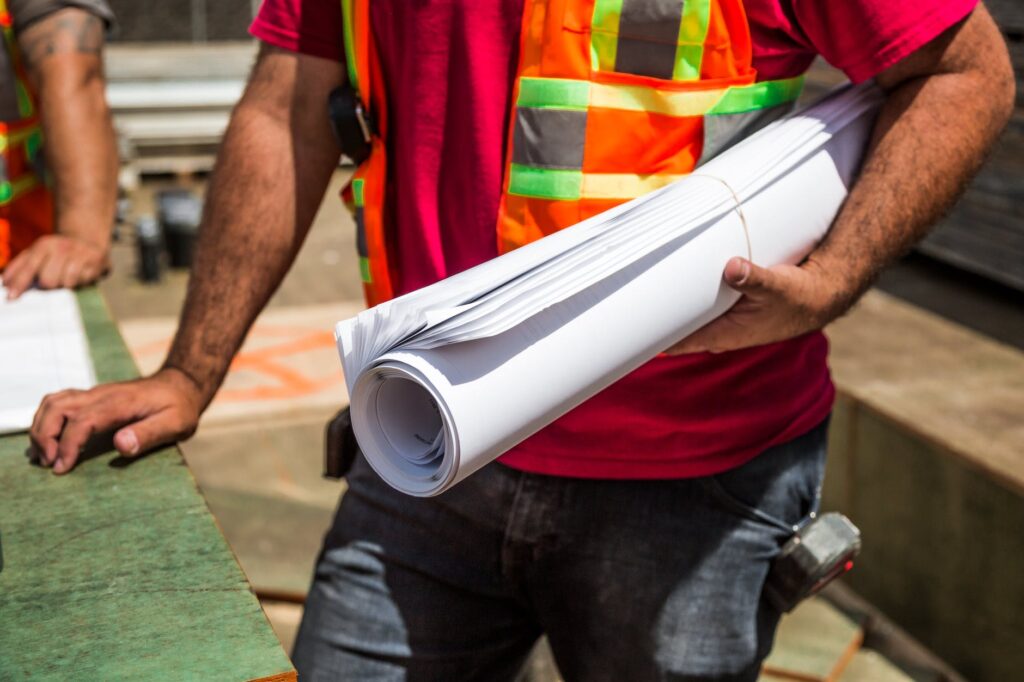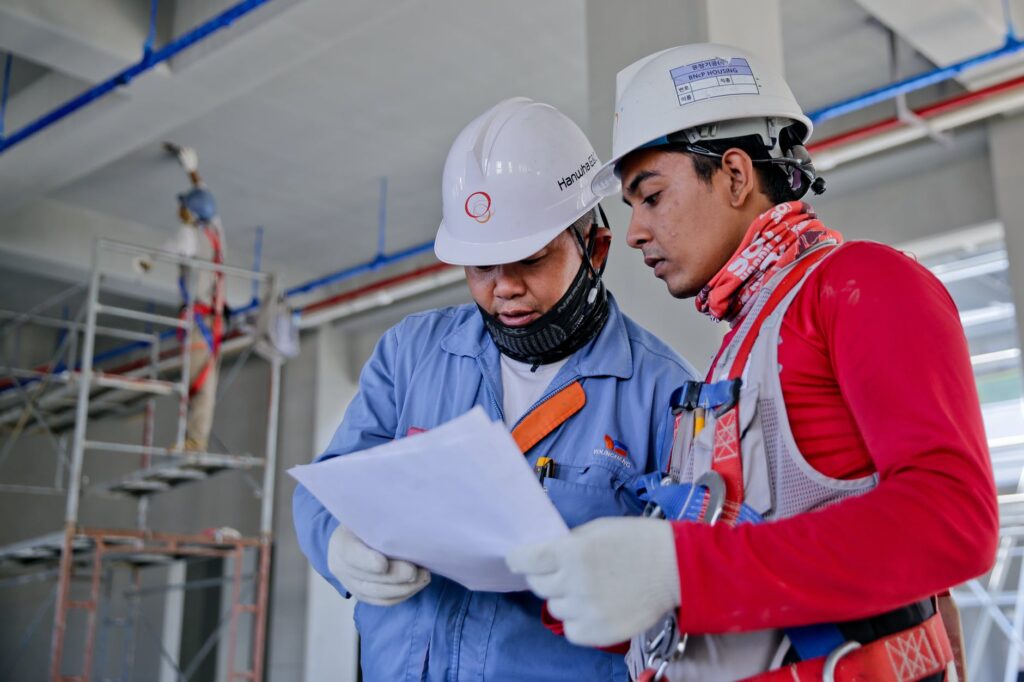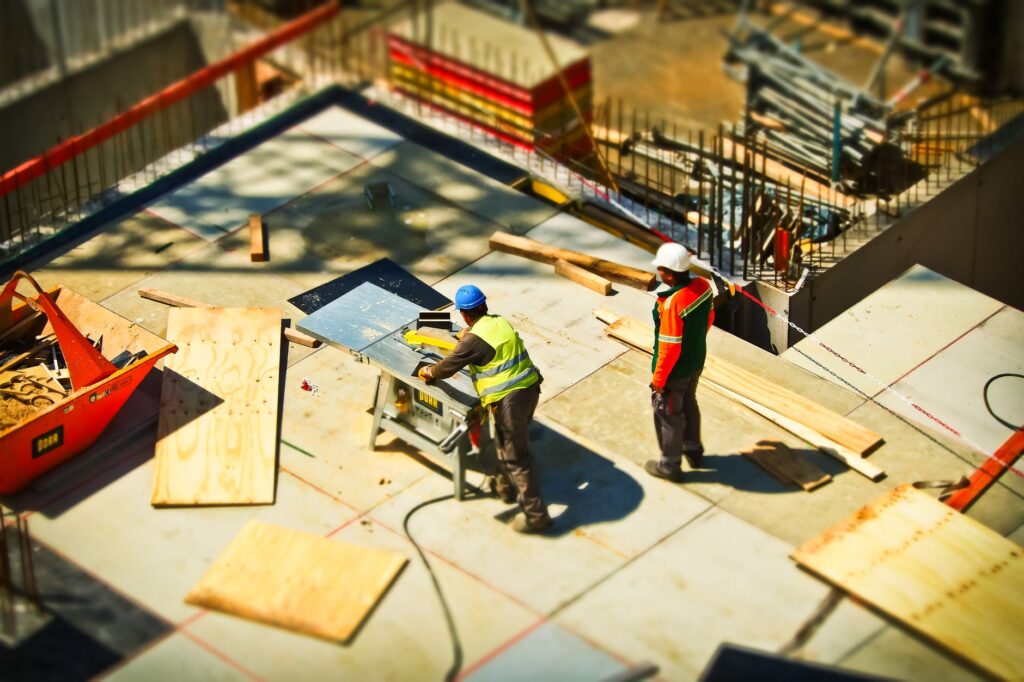Preparing for a big construction project can be very daunting, stressful, challenging, and exciting, all at the same time. In order to complete a project of this magnitude successfully, you need to plan and prepare everything before it comes to fruition. You also need to prepare your expectations of potential delays, conflicts, overruns, and defects.
A successful construction project can come into completion through various techniques and procedures. The best way to accomplish a smooth project, however, is by preplanning the entire thing and anticipating any problems that may arise to manage and overcome them effectively. There are also several project management services like compass-pc that are readily available to help you plan and oversee your entire project from start to finish.
Here are some useful tips and suggestions for planning and managing your construction projects to complete them on time, within budget, and to a high standard.
Careful Contracting

The single most important thing in a construction project, aside from the construction itself, is the contract. A well-written contract will clearly state the written terms which have been carefully defined by the parties’ involved and have come to a mutual understanding and agreement. The contract also includes vital information such as expectations of the project as well as any respective risks or obligations.
Contracts that are drafted by the owner of the project aim to protect the owner from any possible claims. These contracts contain very specific language and terminology, waivers, and limitations to help in disputing all claims made by the contractor. The aim is to keep the owner protected from all foreseeable and unforeseeable risks by shifting that responsibility of risk onto someone else.
Independent Estimates of Costs

Acquiring independent cost estimates as the design of the construction project progresses is another way to ensure the success of a project. This involves procedures such as double-checking the cost estimate for the contractors and suppliers involved in the project. As they are the ones who actually perform and supply the work or product being specified, as opposed to just leaving it all down to the design team.
A project owner can obtain this help from an outside consultant who can provide objective information from outsourced trades or use their own personnel to create the necessary estimates. This may come at an extra cost, but it is a small and modest sum to pay for a worthy service.
Determine a Firm Budget
A great way to reduce the risk of overruns in a construction project is to establish a firm budget and direct the engineers and architects to design and adapt to that particular budget. This significantly lowers the risk of going over budget and falling into excess costs which you cannot afford as the owner of the project.
Review the Constructability Plans

The ease and efficiency of which a structure can be built is described in its constructability. The constructability of a building depends heavily on the quality of designs, for example, if the design documents are difficult to interpret or contain several errors, then the project will be a lot harder to construct. A constructability review is useful for identifying any obstacles before construction happens.
Having a project manager or a qualified contractor on hand during a project to evaluate plans for constructability before any construction commences, helps guarantee that the plans can be effectively implemented to the best degree possible. Again, this service will induce an extra expense, but it will be well worth it in the long run.
Establish a Reasonable Construction Schedule

The timeline of a construction project is usually driven by the scope and demands of the project. It is never a good idea to commence a construction project under unreasonable time pressures as the project will inevitably suffer the consequences. If the contractor is felt to be put under demanding and unrealistic time pressures, then they are likely to cut corners. This can lead to poor workmanship, which can then result in construction defects.
An example is poor weather conditions or a delay in obtaining materials due to the current market conditions, the best thing to do here is to provide your contractor with enough adequate time to get the job done correctly. Even if this requires a slight time extension, it is best to delay the time of completion then end up with a low-quality end result.
Another key point is to ensure that the contractors have all the necessary permits that they need in place before the commencement of construction. If the necessary expectations are not met then inevitable delays may occur. To ensure the success of a project, it is important to make sure all the project participants have reasonable expectations and are aware that some elements of delay must be accepted and tolerated with professionalism.
Review all Construction Activities

The owner of the construction project should keep a close eye on the progress of construction from start to finish. It is common for the owner of a project to leave the oversight of construction down to the construction manager and have very little to no knowledge of potential conflicts that have been brewing in the process.
Those conflicts can potentially become claims. And by the time the owners are aware of the claims being made, they are usually a lot more serious (more disruptive and more expensive to remedy) than if the issue had been detected and rectified earlier in the construction process.
A great way for owners to review construction activities is by continually reviewing and assessing project meeting minutes. Doing this improves the chances of detecting any arising issues or conflicts before they turn into messy claims. Although the construction manager is the one responsible for overseeing the construction activities, an occasional independent review by the owner drastically improves the chances of recognising conflicts in a timely manner. This is especially handy and vital if the construction manager’s own error is responsible for the arising issue or problem. Taking ownership of your personal project keeps you in the loop and ensures the smooth running of the operation.
